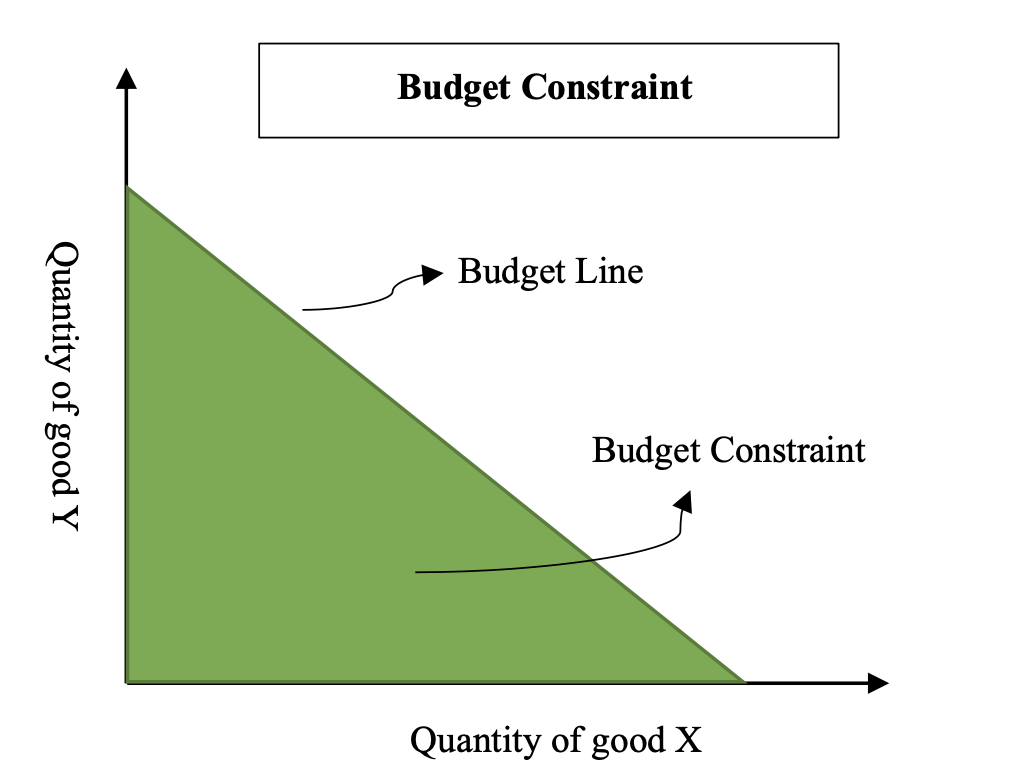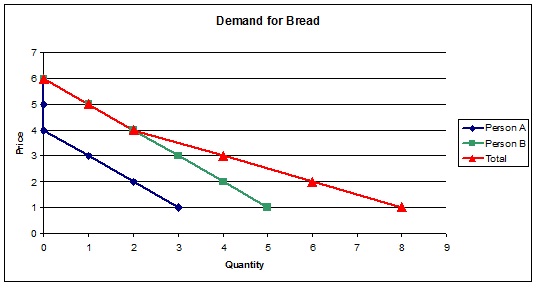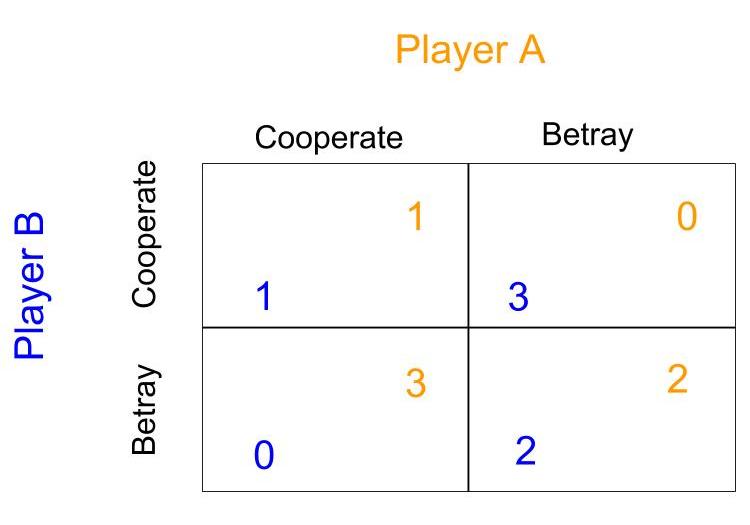|
Warm-glow Giving
Warm-glow giving is an economic theory describing the emotional reward of giving to others. According to the original warm-glow model developed by James Andreoni (1989, 1990), people experience a sense of joy and satisfaction for "doing their part" to help others. This satisfaction - or "''warm glow"'' - represents the selfish pleasure derived from "doing good", regardless of the actual impact of one's generosity. Within the warm-glow framework, people may be "impurely altruistic", meaning they simultaneously maintain both altruistic and egoistic (selfish) motivations for giving. This may be partially due to the fact that "warm glow" sometimes gives people credit for the contributions they make, such as a plaque with their name or a system where they can make donations publicly so other people know the “good” they are doing for the community. Whereas "pure altruists" (sometimes referred to as "perfect altruists") are motivated solely by the desire to provide for a recipient, i ... [...More Info...] [...Related Items...] OR: [Wikipedia] [Google] [Baidu] |
James Andreoni
James Andreoni (born 1959 in Beloit, Wisconsin) is a Professor in the Economics Department of the University of California, San Diego where he directs the EconLab. His research focuses on behavioral economics, experimental economics, and public economics. Andreoni is well known for his research on altruism, and in particular for coining the term warm-glow giving to describe personal gains from altruistic acts. Andreoni's research uses a mixture of economic theory, experiments, and standard analysis of survey data to explore a variety of topics including: moral decision making, time preferences, charitable giving and altruistic decisions. His research has been described as expanding “our understanding of donors and charities and our broader understanding of public goods and expenditures.” Career Andreoni received his bachelor's degree from the University of Minnesota in 1981, and his PhD from the University of Michigan , mottoeng = "Arts, Knowledge, Truth" ... [...More Info...] [...Related Items...] OR: [Wikipedia] [Google] [Baidu] |
Thomas Nagel
Thomas Nagel (; born July 4, 1937) is an American philosopher. He is the University Professor of Philosophy and Law Emeritus at New York University, where he taught from 1980 to 2016. His main areas of philosophical interest are legal philosophy, political philosophy, and ethics. Nagel is known for his critique of material reductionist accounts of the mind, particularly in his essay " What Is It Like to Be a Bat?" (1974), and for his contributions to liberal moral and political theory in ''The Possibility of Altruism'' (1970) and subsequent writings. He continued the critique of reductionism in ''Mind and Cosmos'' (2012), in which he argues against the neo-Darwinian view of the emergence of consciousness. Life and career Nagel was born on July 4, 1937, in Belgrade, Yugoslavia (now Serbia), to German Jewish refugees Carolyn (Baer) and Walter Nagel. He arrived in the US in 1939, and was raised in and around New York. He had no religious upbringing, but regards himself as a Jew. N ... [...More Info...] [...Related Items...] OR: [Wikipedia] [Google] [Baidu] |
Intrinsic Motivation
Motivation is the reason for which humans and other animals initiate, continue, or terminate a behavior at a given time. Motivational states are commonly understood as forces acting within the agent that create a disposition to engage in goal-directed behavior. It is often held that different mental states compete with each other and that only the strongest state determines behavior. This means that we can be motivated to do something without actually doing it. The paradigmatic mental state providing motivation is desire. But various other states, such as beliefs about what one ought to do or intentions, may also provide motivation. Motivation is derived from the word 'motive', which denotes a person's needs, desires, wants, or urges. It is the process of motivating individuals to take action in order to achieve a goal. The psychological elements fueling people's behavior in the context of job goals might include a desire for money. Various competing theories have been proposed ... [...More Info...] [...Related Items...] OR: [Wikipedia] [Google] [Baidu] |
Prosocial Behavior
Prosocial behavior, or intent to benefit others, is a social behavior that "benefit[s] other people or society as a whole", "such as helping, sharing, donating, co-operating, and volunteering". Obeying the rules and conforming to socially accepted behaviors (such as stopping at a "Stop" sign or paying for groceries) are also regarded as prosocial behaviors. These actions may be motivated by empathy and by concern about the welfare and rights of others,Sanstock, John W. A Topical Approach to Life Span Development 4th Ed. New York: McGraw-Hill, 2007. Ch. 15, pp. 489–491 as well as for egoistic or practical concerns, such as one's social status or reputation, hope for direct or indirect reciprocity, or adherence to one's perceived system of fairness. It may also be motivated by altruism, though the existence of pure altruism is somewhat disputed, and some have argued that this falls into philosophical rather than psychological realm of debate. Evidence suggests that pro sociality is c ... [...More Info...] [...Related Items...] OR: [Wikipedia] [Google] [Baidu] |
Laissez-faire
''Laissez-faire'' ( ; from french: laissez faire , ) is an economic system in which transactions between private groups of people are free from any form of economic interventionism (such as subsidies) deriving from special interest groups. As a system of thought, ''laissez-faire'' rests on the following axioms: "the individual is the basic unit in society, i.e. the standard of measurement in social calculus; the individual has a natural right to freedom; and the physical order of nature is a harmonious and self-regulating system." Another basic principle of ''laissez-faire'' holds that markets should naturally be competitive, a rule that the early advocates of ''laissez-faire'' always emphasized. With the aims of maximizing freedom by allowing markets to self-regulate, early advocates of ''laissez-faire'' proposed a ''impôt unique'', a tax on land rent (similar to Georgism) to replace all taxes that they saw as damaging welfare by penalizing production. Proponents of ''l ... [...More Info...] [...Related Items...] OR: [Wikipedia] [Google] [Baidu] |
Utility Function
As a topic of economics, utility is used to model worth or value. Its usage has evolved significantly over time. The term was introduced initially as a measure of pleasure or happiness as part of the theory of utilitarianism by moral philosophers such as Jeremy Bentham and John Stuart Mill. The term has been adapted and reapplied within neoclassical economics, which dominates modern economic theory, as a utility function that represents a single consumer's preference ordering over a choice set but is not comparable across consumers. This concept of utility is personal and based on choice rather than on pleasure received, and so is specified more rigorously than the original concept but makes it less useful (and controversial) for ethical decisions. Utility function Consider a set of alternatives among which a person can make a preference ordering. The utility obtained from these alternatives is an unknown function of the utilities obtained from each alternative, not the sum of ... [...More Info...] [...Related Items...] OR: [Wikipedia] [Google] [Baidu] |
Utility
As a topic of economics, utility is used to model worth or value. Its usage has evolved significantly over time. The term was introduced initially as a measure of pleasure or happiness as part of the theory of utilitarianism by moral philosophers such as Jeremy Bentham and John Stuart Mill. The term has been adapted and reapplied within neoclassical economics, which dominates modern economic theory, as a utility function that represents a single consumer's preference ordering over a choice set but is not comparable across consumers. This concept of utility is personal and based on choice rather than on pleasure received, and so is specified more rigorously than the original concept but makes it less useful (and controversial) for ethical decisions. Utility function Consider a set of alternatives among which a person can make a preference ordering. The utility obtained from these alternatives is an unknown function of the utilities obtained from each alternative, not the sum of ... [...More Info...] [...Related Items...] OR: [Wikipedia] [Google] [Baidu] |
Budget Constraint
In economics, a budget constraint represents all the combinations of goods and services that a consumer may purchase given current prices within his or her given income. Consumer theory uses the concepts of a budget constraint and a preference map as tools to examine the parameters of consumer choices . Both concepts have a ready graphical representation in the two-good case. The consumer can only purchase as much as their income will allow, hence they are constrained by their budget. The equation of a budget constraint is P_x x+P_y y=m where P_x is the price of good X, and P_y is the price of good Y, and m = income. Soft budget constraint The concept of soft budget constraints is commonly applied to economies in transition. This theory was originally proposed by János Kornai in 1979. It was used to explain the "economic behavior in socialist economies marked by shortage”. In the socialist transition economy there are soft budget constraint on firms because of subsidies, c ... [...More Info...] [...Related Items...] OR: [Wikipedia] [Google] [Baidu] |
Private Good
A private good is defined in economics as "an item that yields positive benefits to people" that is excludable, i.e. its owners can exercise private property rights, preventing those who have not paid for it from using the good or consuming its benefits; and rivalrous, i.e. consumption by one necessarily prevents that of another. A private good, as an economic resource is scarce, which can cause competition for it. The market demand curve for a private good is a horizontal summation of individual demand curves. Unlike public goods, such as clean air or national defense, private goods are less likely to have the free rider problem, in which a person benefits from a public good without contributing towards it. Assuming a private good is valued positively by everyone, the efficiency of obtaining the good is obstructed by its rivalry; that is simultaneous consumption of a rivalrous good is theoretically impossible. The feasibility of obtaining the good is made difficult by its excludab ... [...More Info...] [...Related Items...] OR: [Wikipedia] [Google] [Baidu] |
Collective Action Problem
A collective action problem or social dilemma is a situation in which all individuals would be better off cooperating but fail to do so because of conflicting interests between individuals that discourage joint action. The collective action problem has been addressed in political philosophy for centuries, but was most clearly established in 1965 in Mancur Olson's ''The Logic of Collective Action''. Problems arise when too many group members choose to pursue individual profit and immediate satisfaction rather than behave in the group's best long-term interests. Social dilemmas can take many forms and are studied across disciplines such as psychology, economics, and political science. Examples of phenomena that can be explained using social dilemmas include resource depletion, low voter turnout, and overpopulation. The collective action problem can be understood through the analysis of game theory and the free-rider problem, which results from the provision of public goods. Additio ... [...More Info...] [...Related Items...] OR: [Wikipedia] [Google] [Baidu] |
Public Good (economics)
In economics, a public good (also referred to as a social good or collective good)Oakland, W. H. (1987). Theory of public goods. In Handbook of public economics (Vol. 2, pp. 485-535). Elsevier. is a good that is both non-excludable and non-rivalrous. For such goods, users cannot be barred from accessing or using them for failing to pay for them. Also, use by one person neither prevents access of other people nor does it reduce availability to others. Therefore, the good can be used simultaneously by more than one person. This is in contrast to a common good, such as wild fish stocks in the ocean, which is non-excludable but rivalrous to a certain degree. If too many fish were harvested, the stocks would deplete, limiting the access of fish for others. A public good must be valuable to more than one user, otherwise, the fact that it can be used simultaneously by more than one person would be economically irrelevant. Capital goods may be used to produce public goods or services th ... [...More Info...] [...Related Items...] OR: [Wikipedia] [Google] [Baidu] |
Life-cycle Hypothesis
In economics, the life-cycle hypothesis (LCH) is a model that strives to explain the consumption patterns of individuals. Background The hypothesis Implications Saving and wealth when income and population are stable The effect of population growth The effect of productivity growth Theory and evidence Elderly dissaving is also influenced by the present factors that materially prevent them form the possibility of spending their previous savings. One of them is the loss of the driving license. An extended survey held in 1998, 2000, and 2002 among the U.S. retired citizens highlighted that "about 90% of the trips among people older than age 65 are in a private vehicle" and that driving cessation was highly correlated (46% to 63%, Tobit regression) to a reduction in spending on non basic needs such as trips, tickets, and dinings out. It is also relevant to distinguish elderly poor people in two basic tipologies: people who are poor on income, or those who are poor in terms of b ... [...More Info...] [...Related Items...] OR: [Wikipedia] [Google] [Baidu] |
.jpg)





